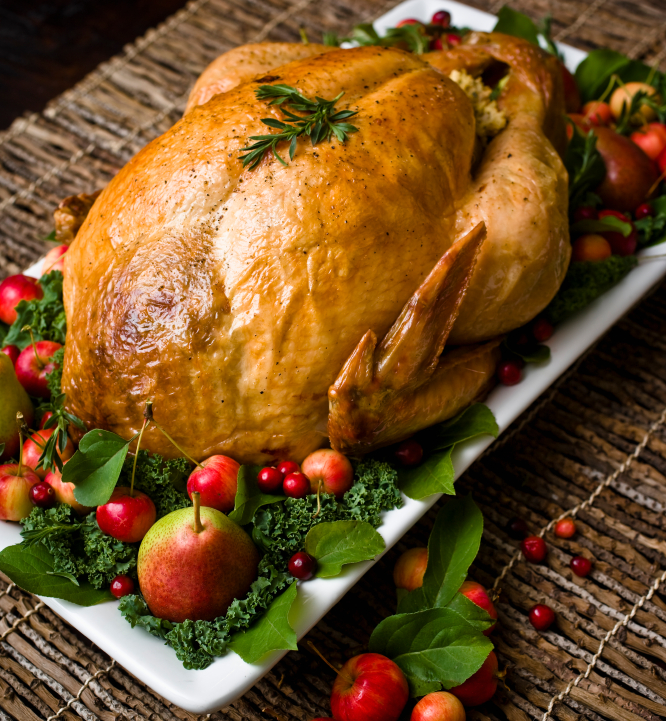
This is a time of year when we are all prepping to share the holidays with an abundance of family and friends. Under normal circumstances these parties and pot-lucks would be welcomed as a wonderful diversion from everyday life. But during this joyous season these gatherings can be a minefield of risks to our health.
Nevermind all of the extra calories and the lack of time to exercise regularly—we have the added stress of accommodating out of town relatives or perhaps traveling ourselves, shopping for just the right gifts, decorating our homes, mailing our packages, and baking until our kitchens are coated in a fine dusting of flour. Although joys of the holidays, these stressors can lead to a trip to your friendly neighborhood ER!
Those of us who work in the ER know that holiday stress starts with Thanksgiving. It’s not uncommon for celebrants to eat too much, and drink far more than is wise. Couple this with the seasonal stressors and this is why 9-1-1 is busy on Thanksgiving and bewildered “Turkey M-I” patients (code for “heart attack”) are transported to hospitals, lights and sirens blaring.
After an extended stay in the ER receiving a battery of tests these folks are generally discharged home, having been instructed to refrain from any further pumpkin pie and alcohol, and advised to follow-up with their primary care doctor–a lousy ending to what could have been a lovely holiday.
Much research has been done surrounding the phenomena of the “Turkey M-I,” “Christmas Coronary” and the “New Years Heart Attack” and there are things you and your loved ones can do this holiday season to avoid a trip to the ER.
1. Do not delay in seeking medical attention, should chest pain/heart attack symptoms occur.
2. Avoid known triggers for acute myocardial infarction aka heart attack, such as excessive physical exertion (shoveling show, for example), overeating, lack of sleep, emotional stress, use of illegal drugs, and outbursts of anger.
3. Avoid excessive use of salt and don’t drink too much alcohol. (Alcohol can cause heart arrhythmias such as atrial fibrillation (the “holiday heart syndrome”).
4. Modify and seek medical care for known cardiovascular risk factors such as high blood pressure, smoking, diabetes, and high cholesterol.
5. Avoid exposure to severely cold temperatures.
6. Avoid participating in outdoor activities on days when air pollution alerts are issued.
7. Avoid inhaling smoke from wood-burning fireplaces.
8. Consider flu shots where appropriate.
Keep yourself and your loved ones safe and happy during this holiday season. Avoid the “more is better” trap–everything in moderation!!!

